
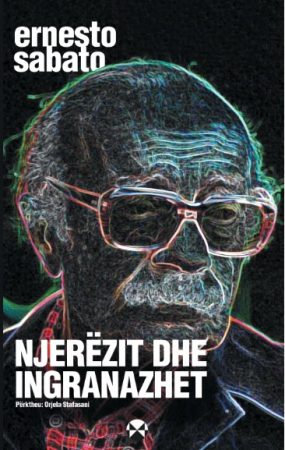
Ernesto Sabato in the essay "Men and gears", tries to identify and find a foundation on the malaise that reigns in recent times. Sábato is a man of many readings, but his intellectual position is not specifically that of a philosopher, but perhaps that of a thinker who seeks answers to the unknowns he poses. His perception corresponds to that of his contemporaries, Berdiaeff, Mumford, and the existentialists Camus and Kierkegaard. |
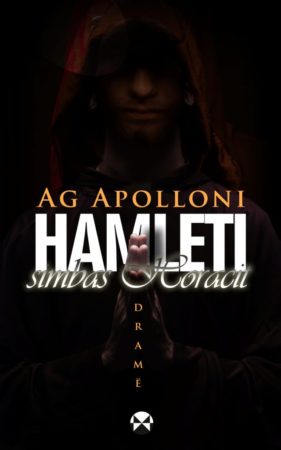
In this psychoanalytic tragedy are embodied Freud's theoretical ideas in order to give a possible story of Hamlet, touching the topic of double incest (brother-sister, mother-son) and the subject of multiple betrayal. Hamlet according to Horatio is a dramatic pastiche, or hypertext constructed on Shakespeare's Hamlet, and on the interpretations of Freud for Hamlet as an unfinished Oedipus. Referring to his theme Hamlet according to Horatio is an alternative story, which comes as echo from Oresteia, King Oedipus and Hamlet. |
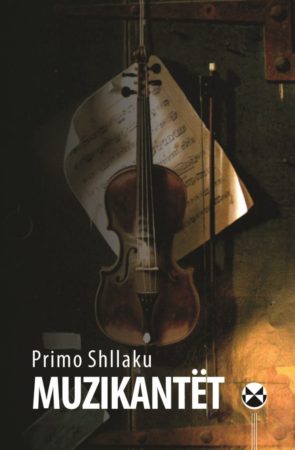
The Musicians is a book with five stories characterized by discourses that fluctuate from a realistic to a surrealistic style, and thus, such texts gain the status of surfiction. Primo Shllaku plays with narrative perspectives and narrative voices, starting with the usual themes then to be catapulted into a transcendental symbolism. His stories creates a strong effects from the details, which focus on the author to return to the semiotic suggestion. Shllaku offers to us stories as musical scores, where the master's hand fix the language melody. |
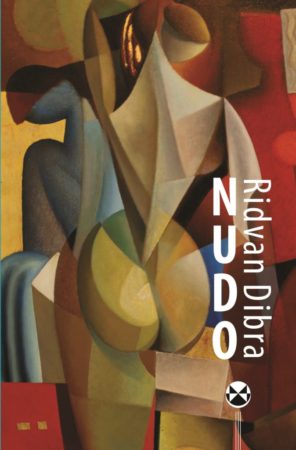
Nude is a novel that treats the theme of conquest. Not of conquest in the traditional sense, but of erotic conquest. Therefore, the alternative title of this work, according to the author's testimony, has been the Great Invasion, and as its motto is Every invasion is a failure from the Chinese philosopher Lao Tzu. Refering to his theme, this novel is an erotic provocation that alludes to a great perversion: the sculptor Alfred Boka is elected director of a dormitory that has a thousand girls and suddenly, in his brain passes the idea of conquering them all. |
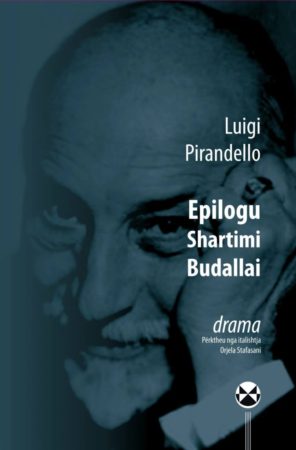
Pirandello, in these three dramas, as well as in all his works, does not seem a disciplined writer, so his success is more related to the challenge that he makes to the audience (readers and viewers) than with the reception that was made by scholars, or even the public. The author's claims went far beyond the modern theories of that time and were far greater than the audience expectations. These dramas have been translated by Orjela Stafasani. |